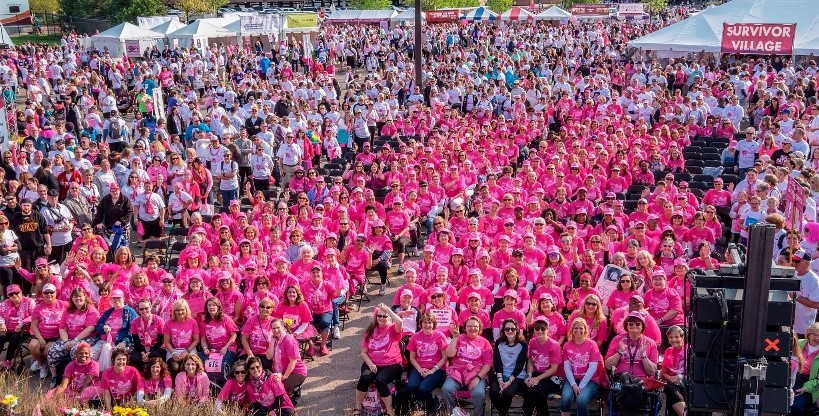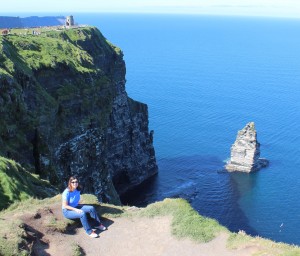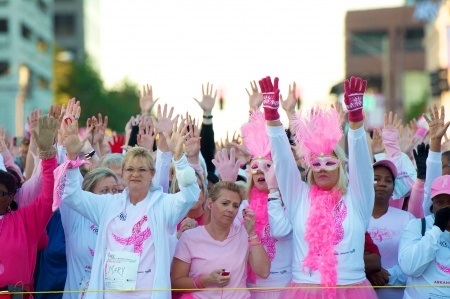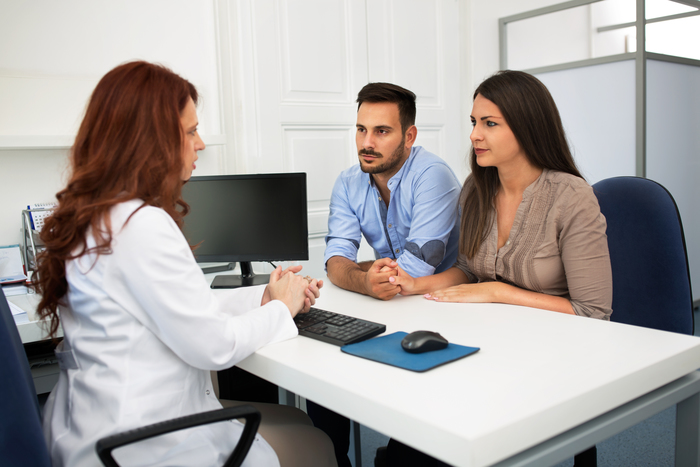
One aspect of a breast cancer diagnosis that requires careful consideration is choosing your reconstruction plan. Decisions about breast reconstruction can be emotional and confusing. Fortunately, you have several options from which to choose, but it’s important to know all the facts about each before you make a final decision that’s right for your body and your desired outcome.
If you choose to undergo breast reconstruction, you have the option to either have your breasts made from implants – saline or silicone – or from natural tissue flaps, which means they are made using your own skin, fat and muscle. There are pros and cons to each of these procedures.
Tissue Flap Reconstruction
Most women want to match the look and feel of their natural breasts, and there is a greater chance of successfully creating natural looking breasts by using tissue flap reconstruction. Using flaps to reconstruct your breasts will actually make them look and feel more natural compared to using silicone or saline implants. This is especially important as you age and your natural breast changes shape.
There are several types of flap procedures:
DIEP Flap: The most commonly used, DIEP flap procedure provides breast reconstruction and a tummy tuck all in one. That’s because this procedure uses your abdominal skin and tissue, but not your abdominal muscles.
PAP Flap: This flap procedure utilizes the tissues of your upper thigh to reconstruct the breast following your mastectomy.
GAP Flap: The tissue is taken from your buttock area, while the skin, fat and tiny blood vessels are removed through an incision that is hidden under your panty line.
SIEA Flap: This flap procedure is an option for the minority of women whose abdominal blood supply comes from the Superficial Inferior Epigastric Artery, which runs just below the surface of the skin.
Keep in mind that flap reconstructive surgery is a longer, more invasive procedure than having breast implant surgery. The good news is that flap reconstruction surgery hides the scars well from where your donor tissue was taken. It is also a procedure that does not need to be repeated in your lifetime, whereas silicone or saline implants may need to be replaced down the road.
Implant Reconstruction
When it comes to implant reconstructive surgery, you can choose to have the surgery at the same time as your mastectomy or at a later time. You can also choose saline or silicone implants. Saline are filled with a salt water solution. Saline implants start out deflated and are filled during surgery to the desired size. Silicone implants are pre-filled with a silicone gel.
Implant reconstructive surgery is less invasive than any of the flap surgical procedures, however they don’t provide as natural of a look as tissue flap reconstruction options.
There are other factors to consider when choosing a reconstruction option, including your current health status and whether or not you still need additional cancer treatment, such as radiation. Radiation can cause additional problems such as scarring that can cause delays in your surgery.
Discuss all of these options and their pros and cons with your surgeon to decide what’s right for you.
To learn more about natural breast reconstruction and find out if it might be the right choice for you, contact The Center for Natural Breast Reconstruction at NaturalBreastReconstruction.com or toll-free at 866-374-2627.
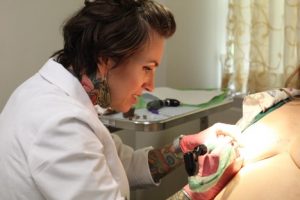
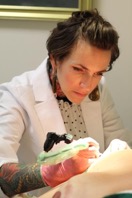 3. The Best Tattoos are Done By a Tattoo Artist
3. The Best Tattoos are Done By a Tattoo Artist

